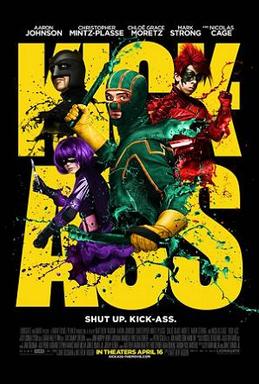Lev Grossman's The Magicians is a work of astonishing, and thoroughly refreshing cynicism in the fantasy coming of age genre. There is hope at its heart, and a thin thread of optimism underlying the narrative, but the pervading tone is sullen and its message is intended to be sobering. Despite my inevitable Harry Potter comparison, Lewis' Narnia series is a stronger influence than Rowling, but the book addresses issues that haunt both series and others like them. In fact, it presents a bold but compelling thesis about the deficiencies of fantastic coming of age novels: Fondness for fantasy ultimately stems from a dissatisfaction with the world we are given, and by extension, people who yearn for magical power are not merely harmless escapists, but those who are determined to warp and change the world beyond normal means. Like I said: cynical.
Harry Potter was occasionally very sad, but I never found it truly heartbreaking. All things considered, death is a fairly neat and clean fate for a character, especially when it is construed as 'noble' or 'heroic.' Grossman is crueler to his characters. He has them make the sort of mistakes that haunt and scar you for life. The book may not be more honest than other fantasy novels, because I believe there are important truths to be found in those sunnier texts, but Lev Grossman is certainly wields his truth more aggressively. And frankly, I think that is what I love most about his prose. Every word is edged with a type of tension, or grim humor. Even the celebratory scenes are tempered by recklessness and risk; this sense that things could get very bad and very out of control at the drop of a dime.
Stolen from xkcd.
In addition to being a criticism of genre, The Magicians is a serious critique on modern society as well. Grossman's fictional Magician class is a wonderful metaphor for over-privileged, self-interested, upper-middle class America. Main character Quentin Coldwater is a genius living a charmed life that grows more enchanted with every passing second. Yet he is unhappy and unsatisfied, even when he is accepted into Brakebills (think Hogwarts on the coast of the Hudson River) and he starts to master the awesome powers of magic. Even when he finds a place with the powerful "Physical Kids" clique. He can't escape the feeling that he was meant for something bigger and better, like the adventures in the Fillory and Further books he read while growing up.
I want to write more, but I don't want to give anything away. Honestly, I think the book's website and jacket give away too much of the plot. It's solid gold. Though to be honest, a disclaimer is in order. I am a 22-year-old, soon-to-be college graduate with a borderline Peter-pan complex. This book was written for me. Your millage may vary. But if you're a fan of Potter, or Narnia, or D&D, or World of Warcraft, or anything along those lines, you should pick up The Magicians.





